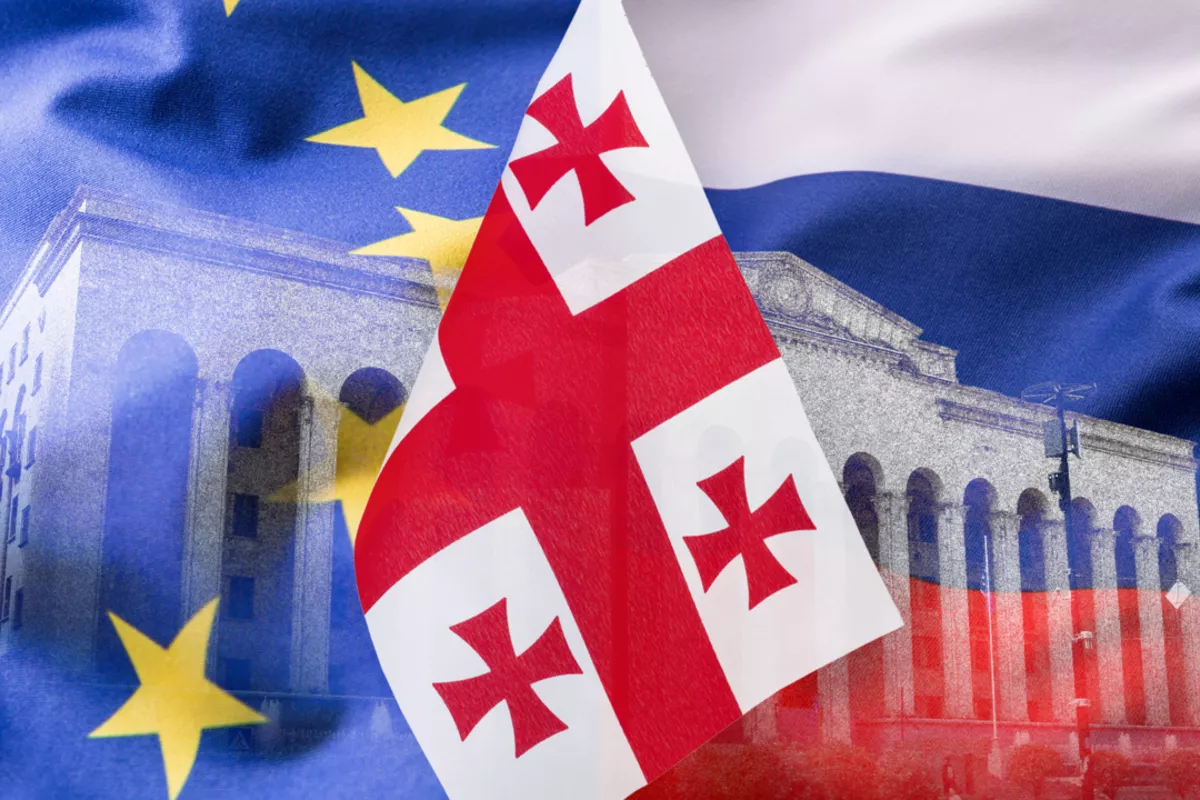
© FMM graphics studio
Two weeks after a deadline expired, Georgia is still waiting for answers from Brussels on whether its citizens will keep the right to travel visa-free to the European Union’s Schengen Area.
Now, the European Commission’s silence is beginning to get on the nerves of officials, analysts, and the general public in Tbilisi, as many begin speculating on the possible outcome, The Caspian Post reports citing foreign media.
The issue flared after the ruling Georgian Dream party announced in late August that it had sent a written response to the Commission’s eight recommendations on reforms. Commission spokesman Markus Lammert confirmed receipt of the letter and said it would be evaluated, but stressed that the content would not be made public. “The European Commission hopes that the Georgian authorities will take concrete steps to address the problems identified in the recommendations,” Lammert said.
Since then, no official response has been issued. Members of Georgian Dream had hinted in August that a statement from Brussels in September could spark “a stir.”
Analysts in Georgia say the EU is juggling bigger priorities, making it unlikely to hold a separate session devoted solely to Georgia. Political commentator Petre Mamradze told Rezonansi that the matter could still be addressed before October 4, when opposition groups have announced a major protest in Tbilisi. He argued that while Brussels is preoccupied with wider European security issues, it would be “absurd” to strip Georgia of visa-free access given its performance compared to other countries.
Another analyst, Edisher Gvenetadze, also said an EU statement may come before October 4, but insisted it would not change the dynamics of the planned protest. He criticized EU institutions, calling them biased in favor of Georgia’s opposition, and argued that Brussels is waiting to see how the political situation inside the country develops.
Georgia has enjoyed visa-free travel to the EU since 2017, a key step in its integration with Europe. The possibility of a suspension shortly before an election has caused claims that Brussels is meddling in the country’s domestic politics, while opposition groups and activist networks claim it proves GD’s mishandling of the EU integration process.
A similar proposal to suspend visa-free travel rights was also aired ahead of last year’s parliamentary election, causing similar domestic friction, but was ultimately not followed up by concrete action.
Share on social media